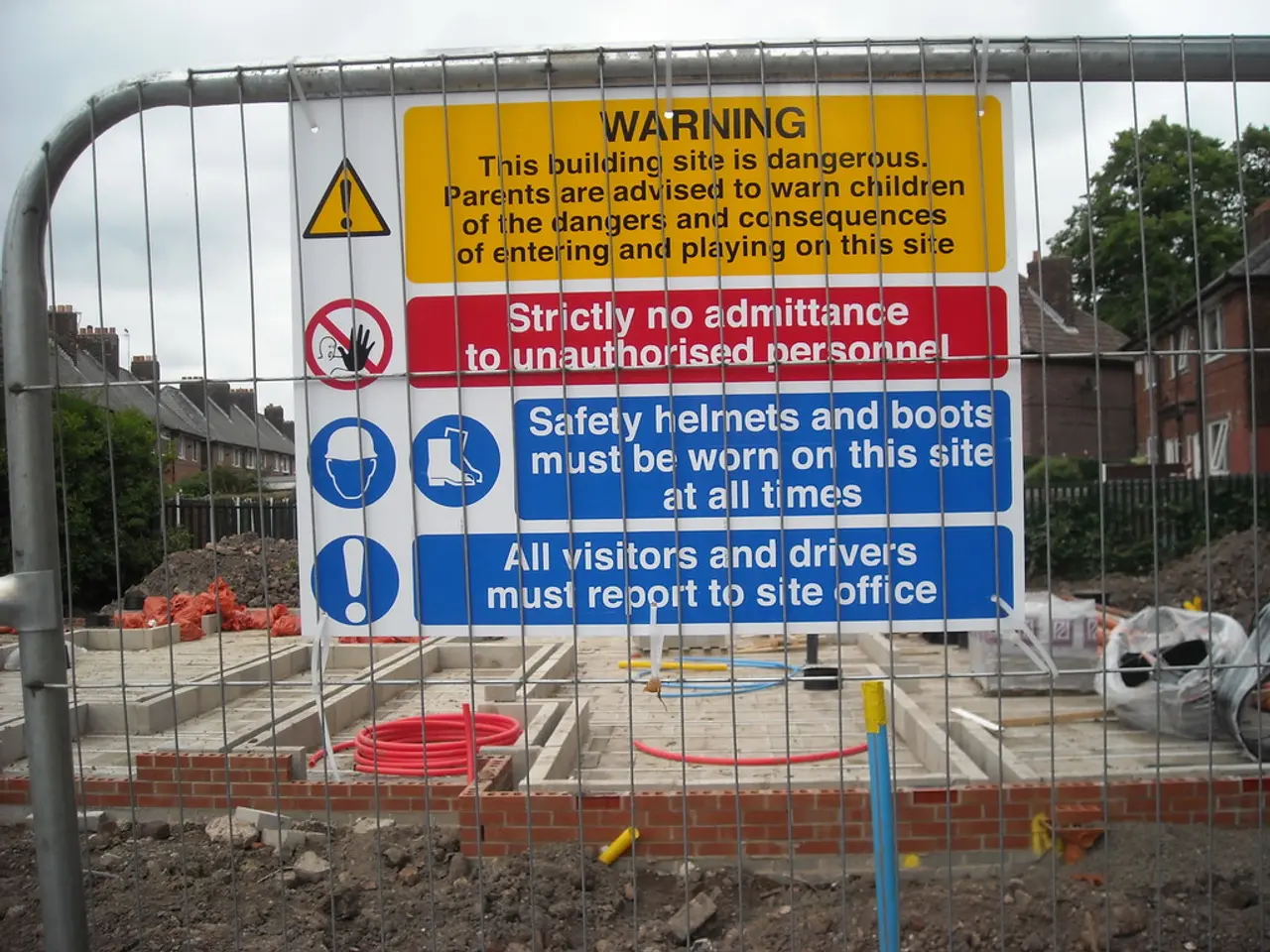Protection Guaranteed Against Arrest and Detainment in Certain Specific Situations
Misuse and Reform of Preventive and Punitive Detention Laws in India
The delicate balance between safeguarding human rights and ensuring national security in India is under scrutiny, with concerns surrounding the misuse and potential reform of preventive and punitive detention laws.
Concerns
Preventive detention laws, designed to detain individuals without trial to prevent future crimes, are seen as extraordinary and potentially prone to misuse. These laws, such as under Article 22(5) of the Indian Constitution, require strict procedural safeguards to prevent arbitrary detention, including timely information of grounds and legal aid to detainees.
The Unlawful Activities (Prevention) Act (UAPA), though titled as a "prevention" law, has been judicially clarified to be fundamentally punitive rather than preventive. Critics argue that laws like the UAPA and various preventive detention statutes can be misused to suppress dissent and delay judicial scrutiny, especially since Advisory Boards—constitutional bodies meant to review detentions—may function with limited transparency or effectiveness.
Proposed Solutions and Reforms
Reform efforts emphasize procedural safeguards, transparency, and oversight of Advisory Boards to align preventive and punitive detention practices with human rights standards while addressing genuine security threats. Ensuring strict adherence to procedural safeguards under Article 22, strengthening the functioning and oversight of Advisory Boards, and distinguishing clearly between preventive and punitive detention laws are key proposals.
Greater judicial scrutiny on the "prevention" aspect is also necessary to ensure that detention is not extended as punishment without trial, protecting detainees’ fundamental rights. Proposals include setting up independent monitoring bodies and legal aid mechanisms specifically dedicated to those detained under preventive or special security laws.
Current Scenario
In recent years, instances of prolonged and arbitrary detention, such as detentions under NSA on allegations of cow slaughter in UP, have raised concerns. The Advisory Board needs to play an active role in preventive detention cases to maintain a balance between human rights and the security of the nation.
The preventive detention period is initially set for a maximum of 3 months, extendable only on approval of an Advisory Board. The Supreme Court has declared detention orders as absurd, non-reasoned, and blatantly illegal, as in the case of YouTuber Savukku Sankar. The detainee can challenge his/her detention.
Historical Context
The Shibban Lal vs State of Uttar Pradesh Case (1954) established limited intervention of courts in preventive detention cases, while the Nand Lal Bajaj vs State of Punjab and Anr Case (1981) found preventive detention laws inconsistent with principles of the parliamentary system. The Rekha vs State of Tamil Nadu Case (2011) declared preventive detention as repugnant to democratic ideas, and the Mariappan vs the District Collector and Others Case (2014) stated that preventive detention is to prevent harm to the state, not to punish.
The need is to differentiate between law and order and public order, as stated in the Ram Manohar Lohia vs State of Bihar Case (1965). The Maintenance of Internal Security Act (MISA), a repealed preventive detention law in India, serves as a historical example of the potential misuse of such laws.
In summary, the challenge is to maintain laws that protect national security without eroding constitutional freedoms and the rule of law. The focus is on ensuring strict adherence to procedural safeguards, strengthening the functioning and oversight of Advisory Boards, and distinguishing clearly between preventive and punitive detention laws to align practices with human rights standards while addressing genuine security threats.
Preventive detention laws, which have the potential to be misused and suppress dissent, are concerning in the realm of Indian politics and general-news. Reform efforts aim to increase procedural safeguards, enhance transparency, and oversee Advisory Boards to ensure detentions align with human rights standards while managing security threats effectively.








